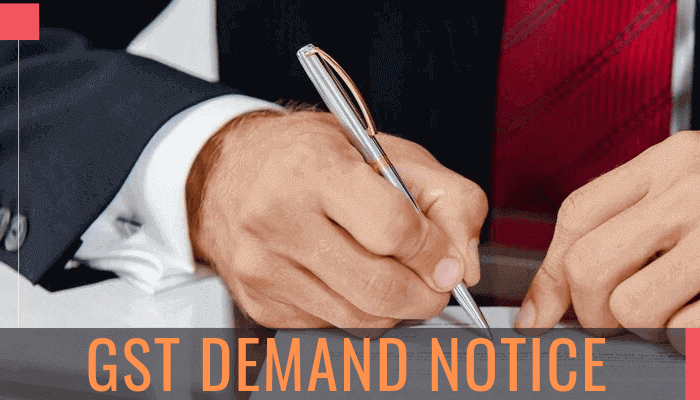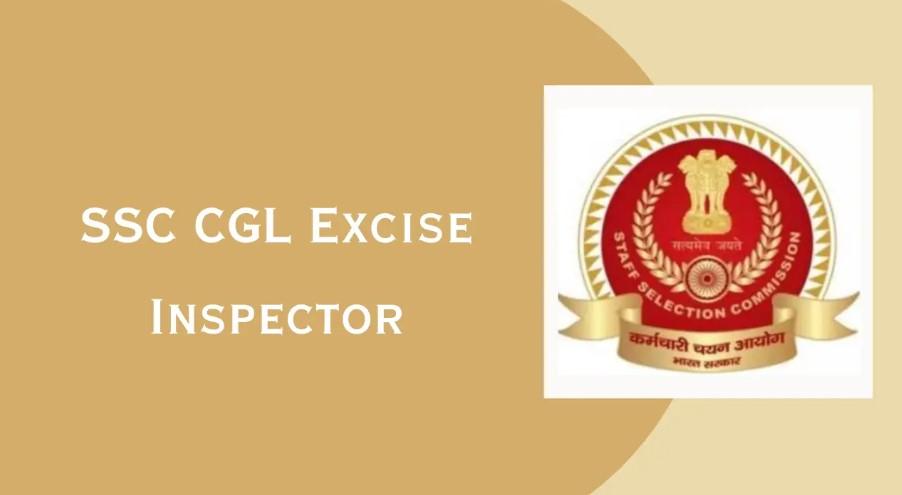
The country’s induction furnace owners, who generally process heavy steel scrap, have reached out to the Steel Ministry seeking protection against rising Goods and Services Tax ( GST) notices ,and urged the government for a resolution of linked tax issues.
The owners, through their body, All India Induction Furnaces Association (AIIFA), said scrap being sold at local levels often do not have the necessary GST framework requirements or compliances for which input tax credit claims become difficult. On the other hand, due to non-availability of such detailing, larger players end up being penalised or face GST notices.
India, one of the largest emitters of green-house gases globally, is looking to bring down its emissions’ intensity by 45 per cent below 2005 levels by 2030 and is also looking to increase the share of non-fossil power capacity to 50 per cent (also by 2030). A parallel target is to achieve net-zero by 2070. As such, Indian steel industry is exploring scrap-based steel production to meet these environmental targets.
The All India Induction Furnaces Association (AIIFA) has written to the Steel Ministry seeking protection from these rising GST notices. The association has highlighted the following challenges faced by its members:
- Lack of GST compliance by scrap sellers: Induction furnace owners rely on scrap metal as their primary raw material. However, many scrap sellers do not comply with the GST framework, making it difficult for induction furnace owners to claim input tax credit. This can lead to GST demands from the authorities.
- Complexity of supply chains: The supply chains of induction furnace owners are complex and involve multiple intermediaries. This makes it difficult for them to track the GST compliance of all their suppliers.
- Non-availability of GST details: Induction furnace owners often do not have access to the GST details of their suppliers, making it difficult for them to claim input tax credit.
Complex supply chain
However, the problem which induction furnace owners face is with respect to sourcing of offerings and “complexity of the supply chains”.
Furnace owners either use ‘old scrap’ generated from white goods and automobile discarded by households or industry; where as ‘new scrap’ refer to tailings generated from manufacturing processes. The old scrap of households is generally bought by smaller unregistered dealers, who in turn sell it to larger registered dealers, without levying any GST; whereas new scrap is bought both by both the unregistered and registered dealers.
Registered dealers must charge 18 per cent GST when they further sell to the steel-producing industry and pay the same to the government. And at all stages of purchase, GST is charged.
The problem arises when scrap is purchased from unregistered dealers trade continues in cash. In many cases, disclosures are not made properly at the sellers’ end – which the buyer is unable to determine at times- there is often a decline in input tax credit.
“It is impossible for buyer (to) ascertain or ensure full compliance from the seller’s end”, the association mentioned in its letter to the Ministry, reviewed by businessline.
The association has also pointed out that at times the detection of non-compliance at the sellers’ end is detect at a later date be “the input tax credit of the buyers are reversed in GST Ledger and it becomes the buyer’s responsibility to pay this GST with interest.”
“The buyer ….. being considered as an offender leading to cases and penalties being imposed on him,” the association mentioned. This has led to tax evasion running into a few hundred crore and also litigation piling up, they added.
The AIIFA has urged the Steel Ministry to take up these issues with the GST Council and seek relief for induction furnace owners. The association has suggested the following measures:
- Reduce GST on scrap: The AIIFA has demanded that the GST rate on scrap be reduced from 18% to 5%. This would make scrap more affordable for induction furnace owners and help them to reduce their costs.
- Introduce reverse charging mechanism for scrap: The AIIFA has also suggested that the government introduce a reverse charging mechanism for scrap. Under this mechanism, the GST liability would be shifted to the recipient of the scrap, instead of the supplier. This would help to ensure that GST is collected on all scrap transactions.
- Simplify GST compliance: The AIIFA has also urged the government to simplify the GST compliance process for induction furnace owners. This could be done by providing clear guidance on how to claim input tax credit and by making it easier for businesses to access the GST details of their suppliers.
The Steel Ministry has yet to respond to the AIIFA’s appeal. However, the association is hopeful that the government will take its concerns seriously and take steps to protect induction furnace owners from rising GST notices.

Admin at Charteredonline. Reach us admin@charteredonline.in













